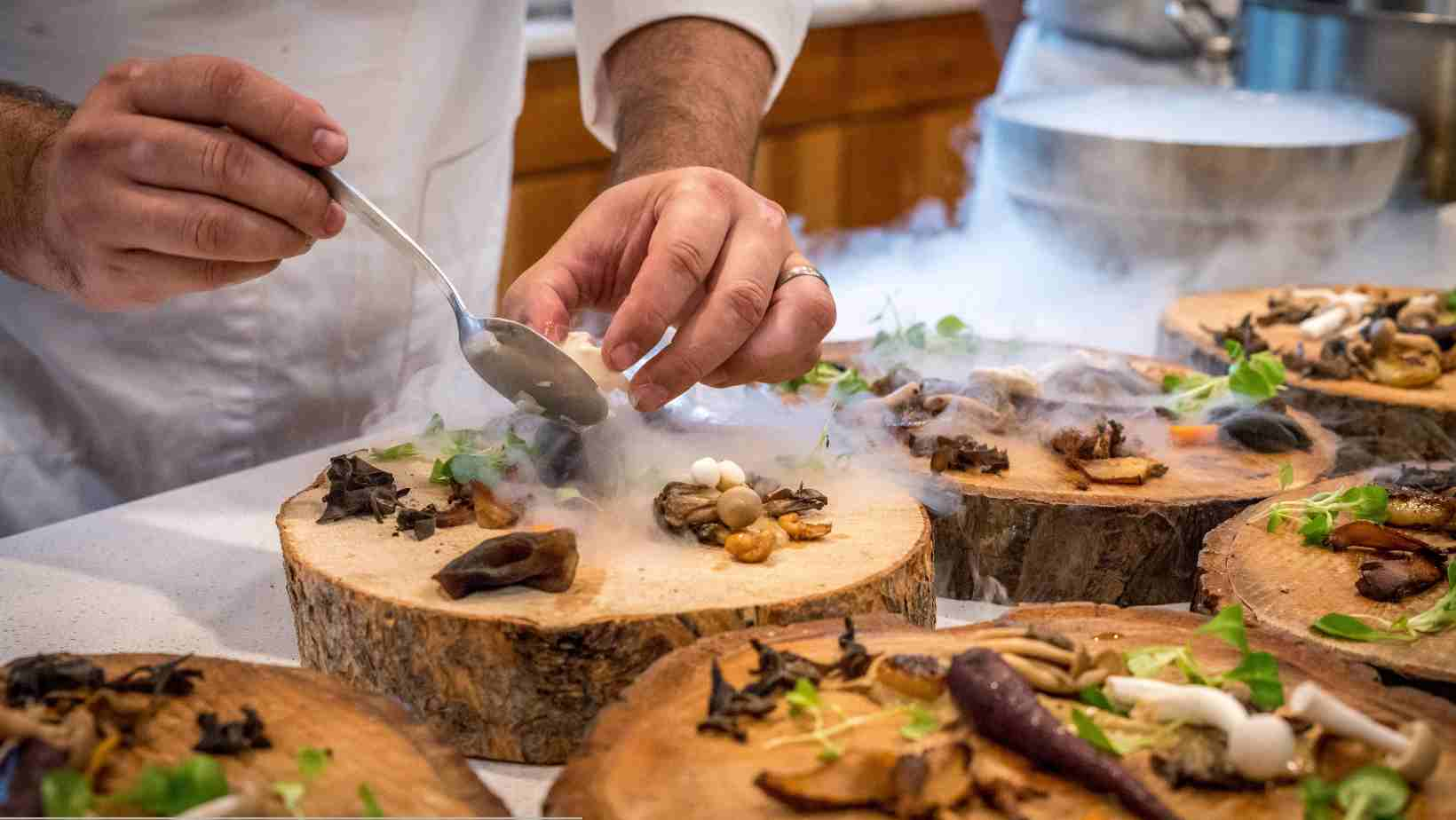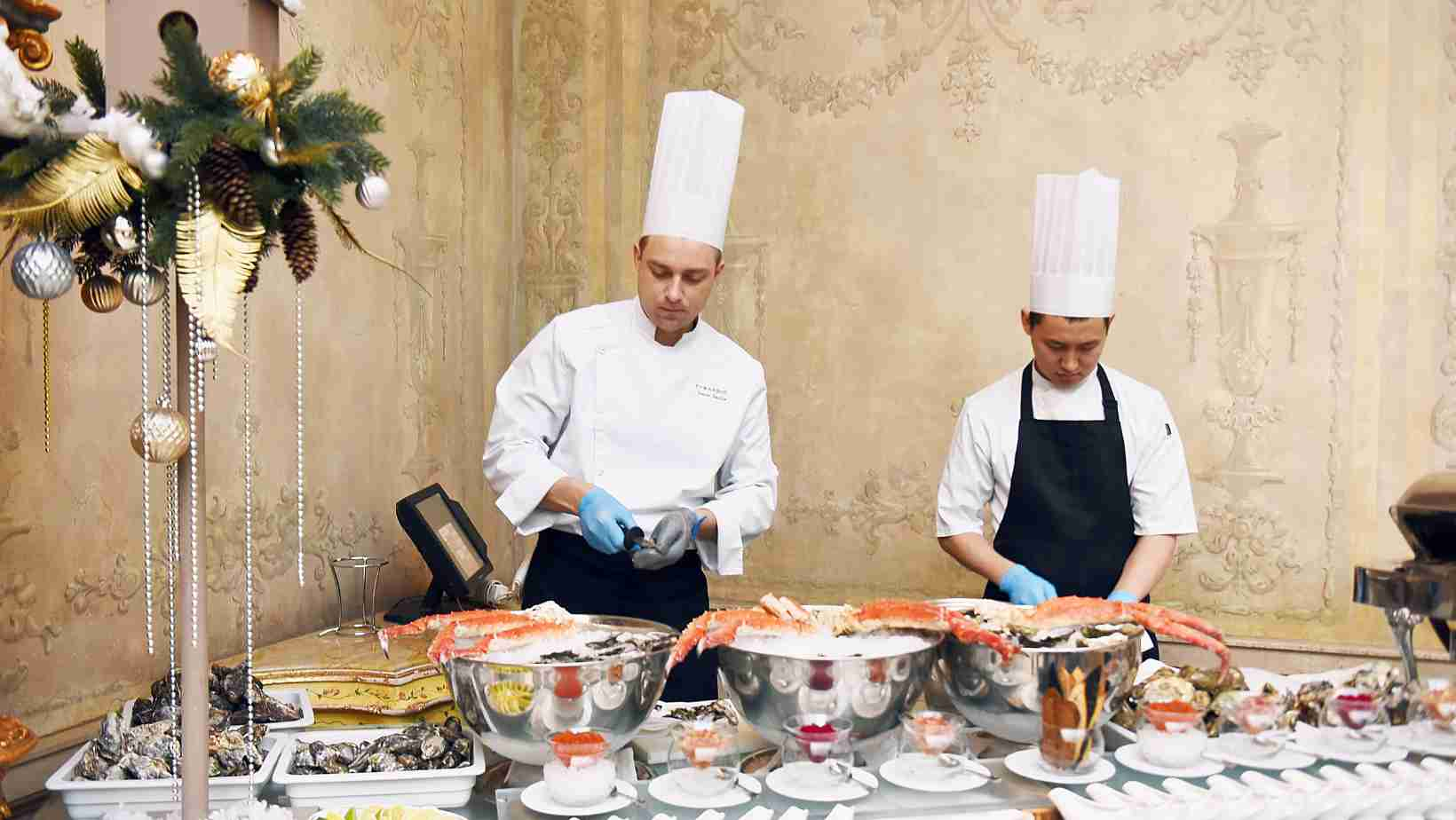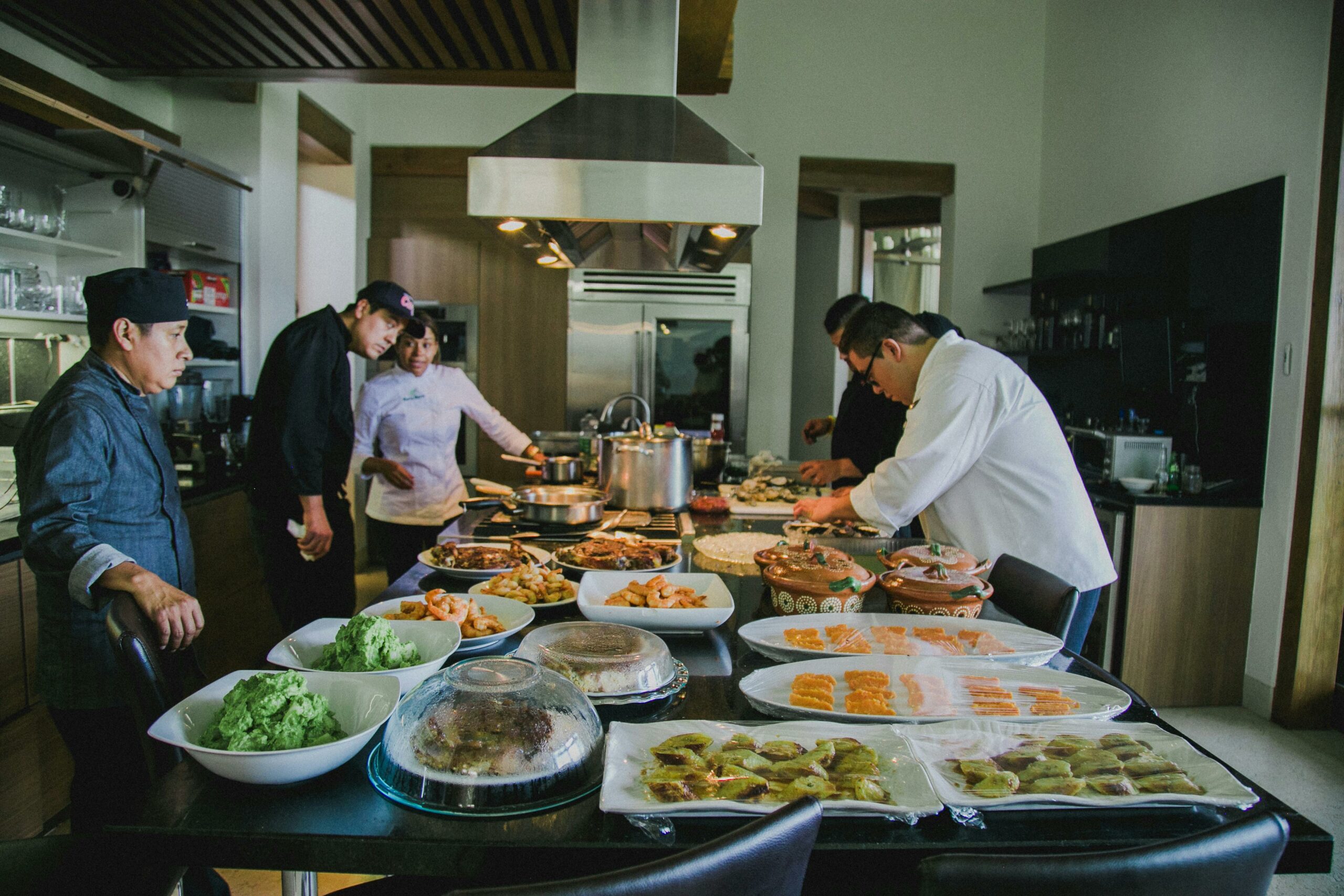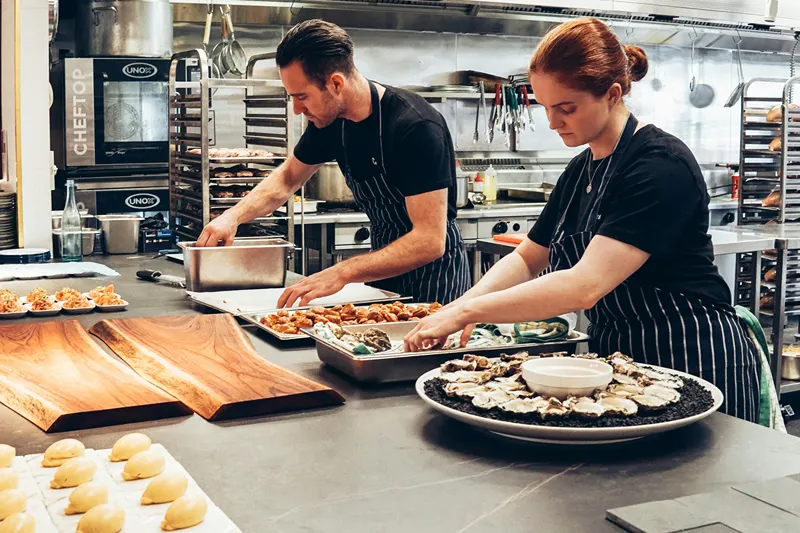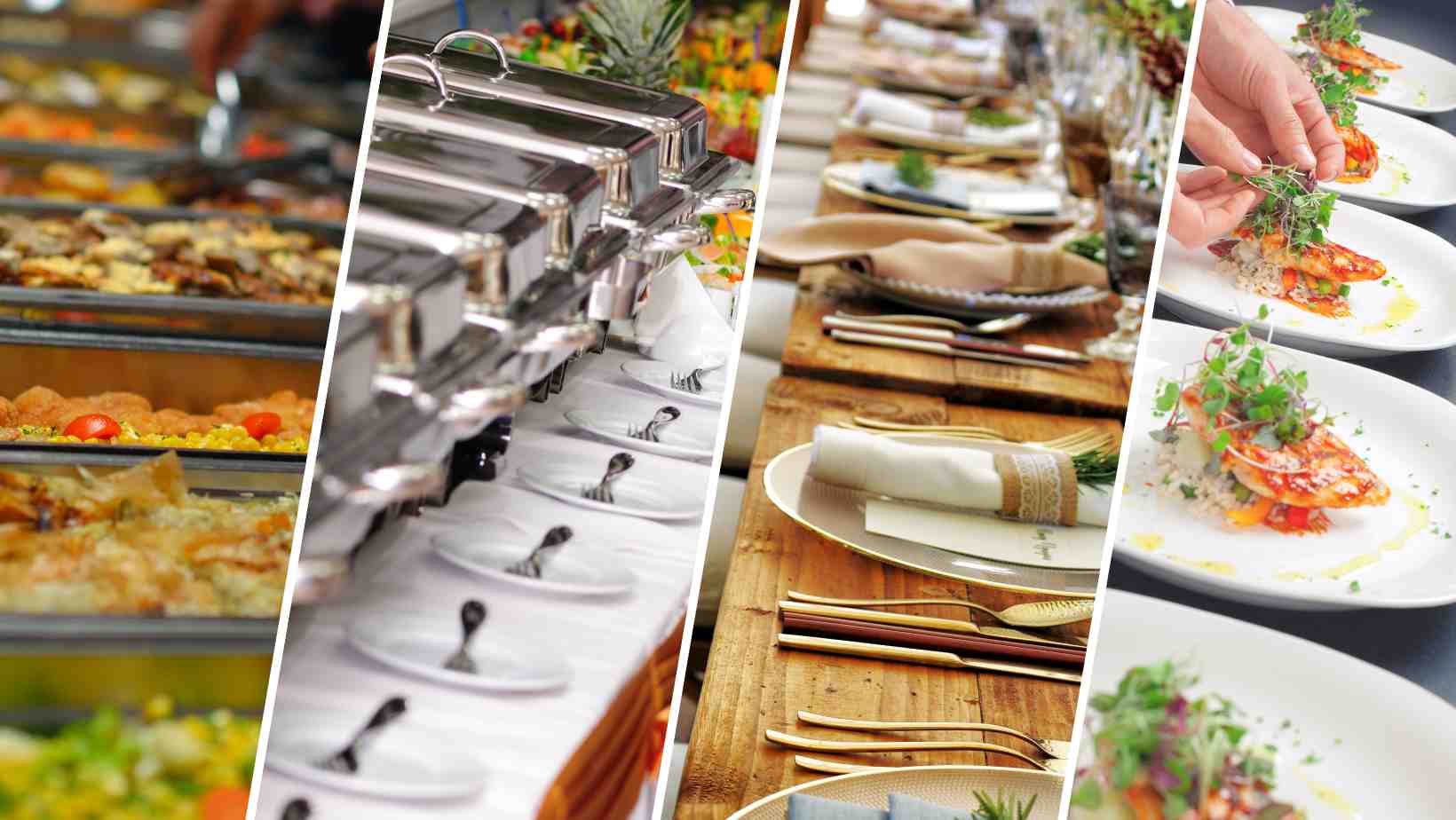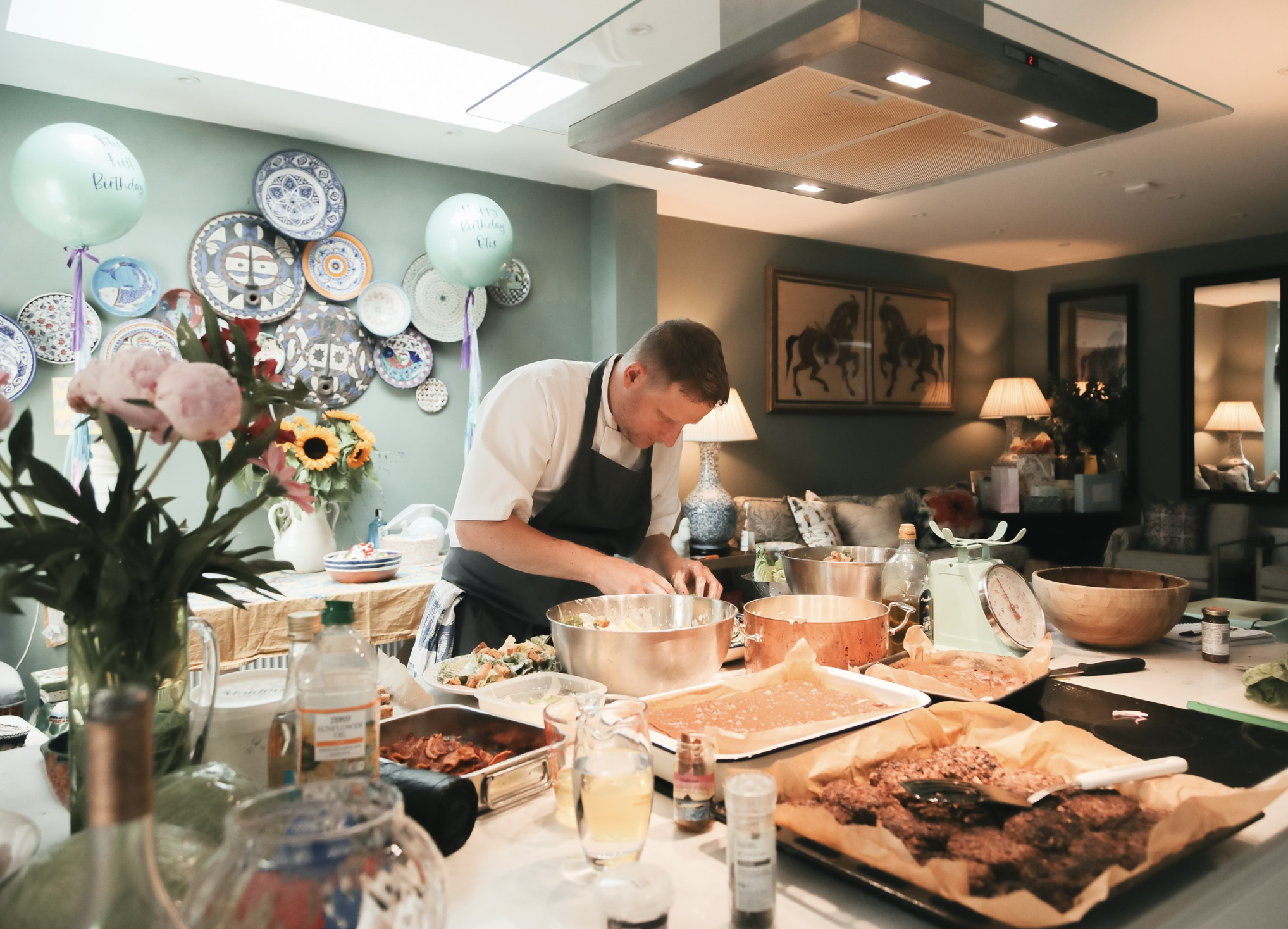What skills do you need to be a private chef? 10 Essentials!
10 Essential Private Chef Skills and Qualities
To succeed as a private, you need a diverse range of skills to create a unique and enjoyable dining experience for your clients. Let’s dive in and explore the ten essential qualities every private chef should master to take their business to new heights and impress all clients.
1. Personalisation of Menu and Services

One of the core skills of a private chef is the ability to tailor menus and services according to the tastes and requirements of their clients. A private chef doesn’t simply prepare meals; they create tailored experiences taking into account dietary restrictions, favourite cuisines, and even the emotional desires of the guests.
Whether you are meal prepping for a weekly menu or preparing a gourmet spread for a special event, personalisation is at the heart of what sets a private chef apart from a restaurant chef.
Being able to adapt to different lifestyles, like gluten-free, vegan or low-carb, is an understanding that you must bring to the table as a private chef.
2. Knowledge of Nutrition

An essential part of the skills needed to be a private chef is having a solid grasp of nutrition. You might not only be responsible for delivering flavourful and visually appealing dishes but also meals that align with your client’s health needs.
For instance, a client may request meals tailored for weight management, muscle gain, or specific health concerns like managing cholesterol levels. It is important to remain updated about current health trends and nutritional guidelines.
Your ability to combine creativity with knowledge of nutrition and prepare balanced and flavourful meals will help you garner more clients and achieve success as a private chef.
3. Financial Management Skills
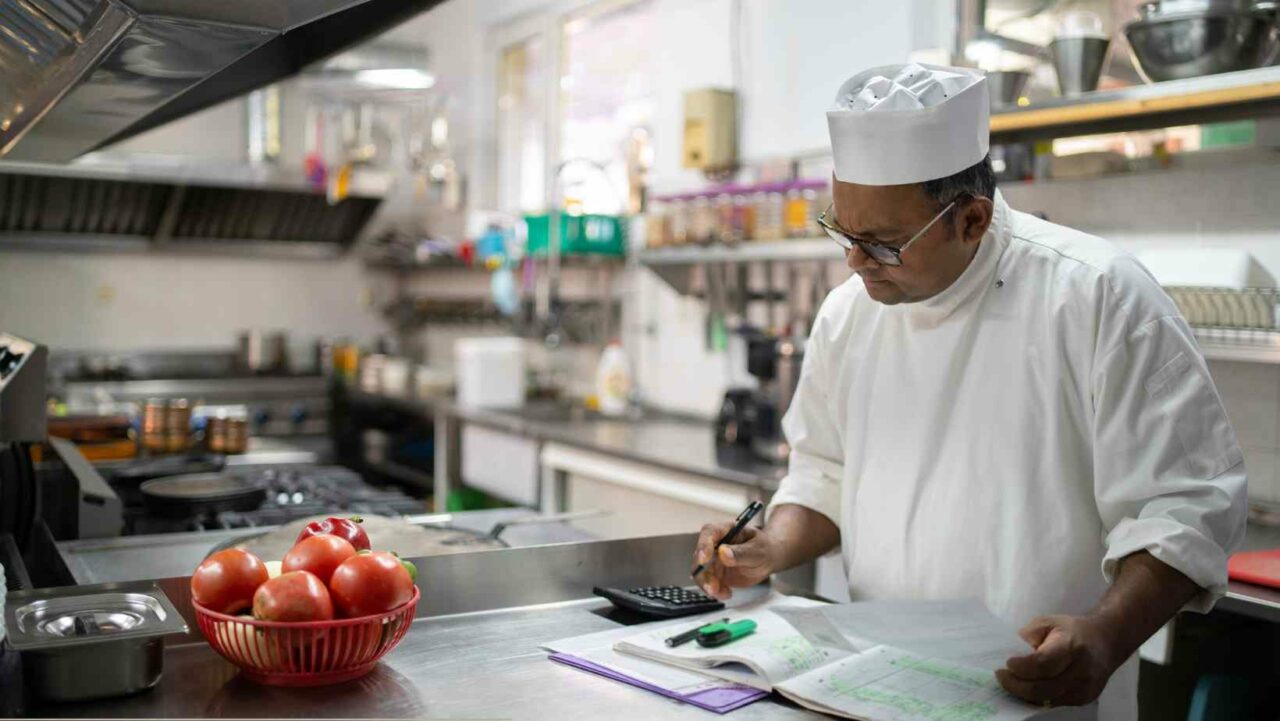
Managing the financial side of your business is an important aspect of being a private chef. It’s not just about delivering high-quality meals but also ensuring you can do so within your client’s budget and still make profits.
Being skilled in budgeting, sourcing ingredients efficiently, and pricing your services accurately is essential for maintaining a profitable and sustainable business. Understanding how much private chefs earn in the industry can help you price your services competitively while maintaining profitability.
What’s more? You will have to create a system of keeping track of expenses, setting fair prices for different levels of service, and preparing invoices to maintain your financial health. Developing these financial management skills ensures that you can offer exceptional service without compromising your bottom line.
4. Interpersonal Skills
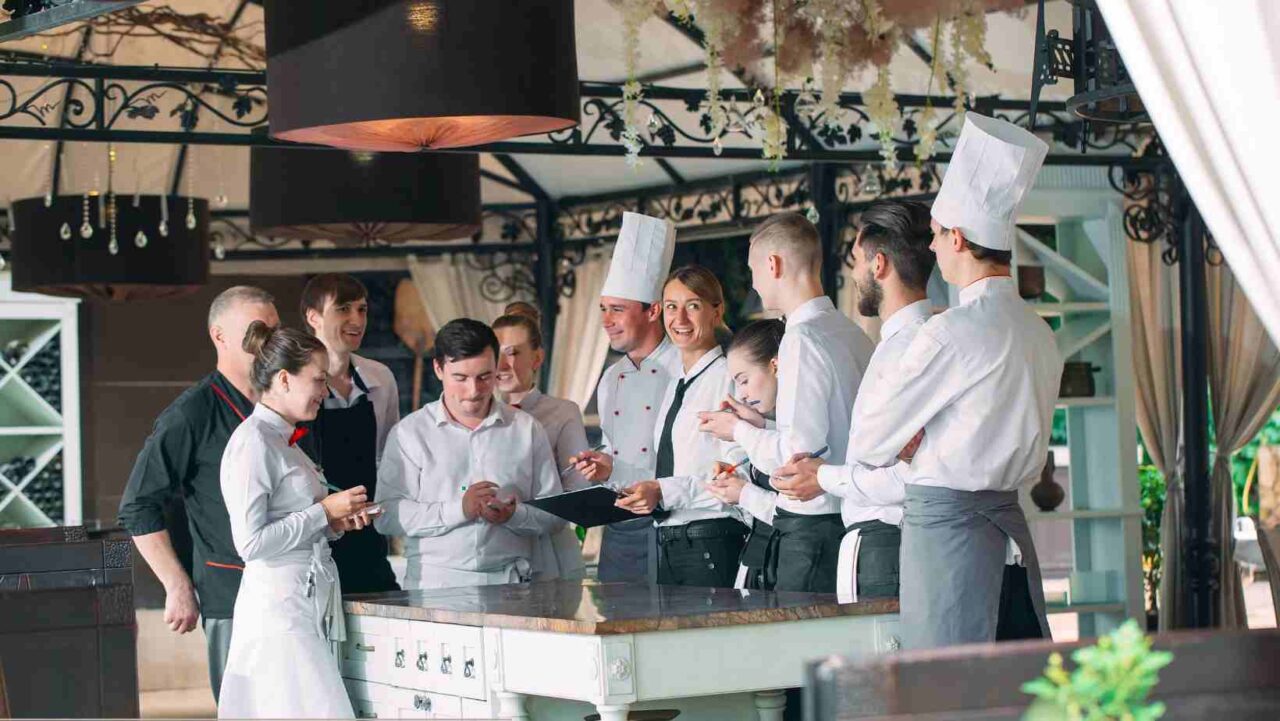
A key part of being a successful private chef is the ability to gauge the atmosphere and determine if clients would prefer a quiet, subdued service or a more interactive, engaging dining experience. Having strong interpersonal skills helps you connect with clients and understand their unique preferences and expectations.
By effectively communicating and adapting to their unique tastes, you can ensure the dining experience is comfortable and enjoyable for everyone involved. These skills are also important when coordinating with suppliers, assistants, or event staff.
Your ability to create a welcoming atmosphere in the kitchen and at the table will establish you as a private chef who goes beyond just cooking great food.
5. Marketing and Branding
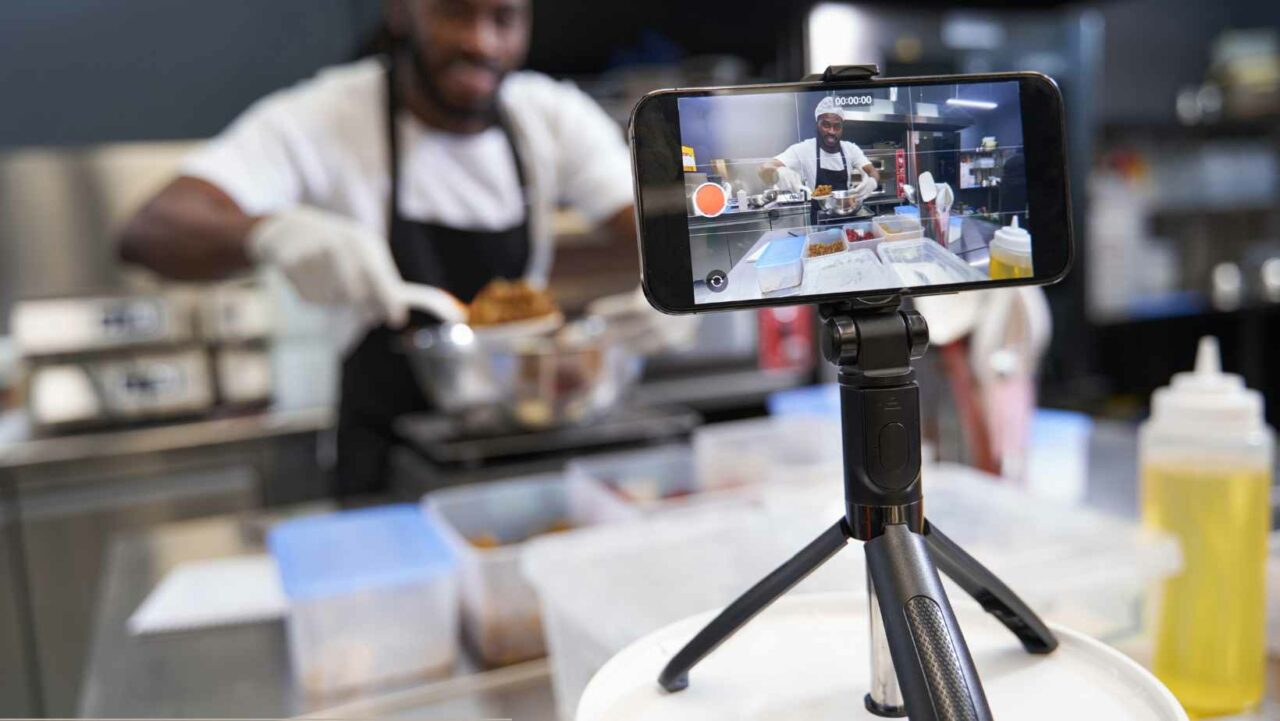
Learning how to become a private chef in the UK isn’t just about honing your culinary skills. It also includes marketing yourself effectively. Developing a personal brand that showcases your individuality and strengths is essential for standing out in a competitive market.
Successfully promoting your services and establishing a strong brand requires more than just depending on word-of-mouth referrals. You’ll need to engage actively through online platforms, showcase your portfolio of work, and maintain a professional and approachable image.
From social media presence to client referrals, marketing is an essential part of growing your business as a private chef.
6. Flexibility and Attention to Detail
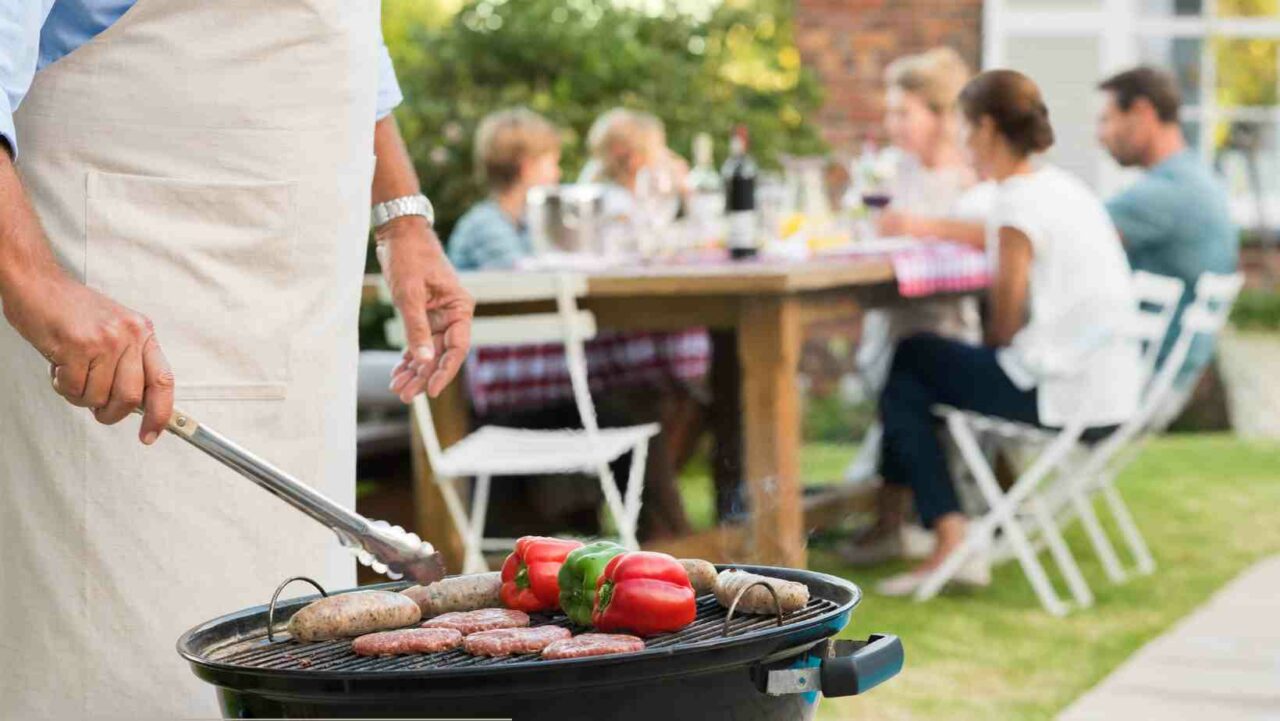
One of the essential skills for a chef, particularly a private chef, is the ability to be flexible and provide meticulous attention to detail. Clients may host events anywhere, from a family home to a holiday villa or even aboard a yacht. This means you need to be ready to adapt quickly to different environments while maintaining high-quality service.
Whether you’re adjusting to a last-minute dinner party or preparing meals for an outdoor event, your ability to seamlessly navigate various settings is crucial. This flexibility will also be helpful in working in a range of setups, from state-of-the-art professional kitchens to more modest or temporary arrangements.
However, it’s not just about adapting to circumstances. Clients choose private chefs because they want precision and care in every dish that goes beyond what a restaurant can offer. Every aspect, from perfectly seasoning a meal to the presentation of dishes and the perfect timing of each course, is what keeps clients coming back.
Mastering these qualities will allow you to deliver the same exceptional dining experience, regardless of the location or situation.
7. Storytelling and Showmanship
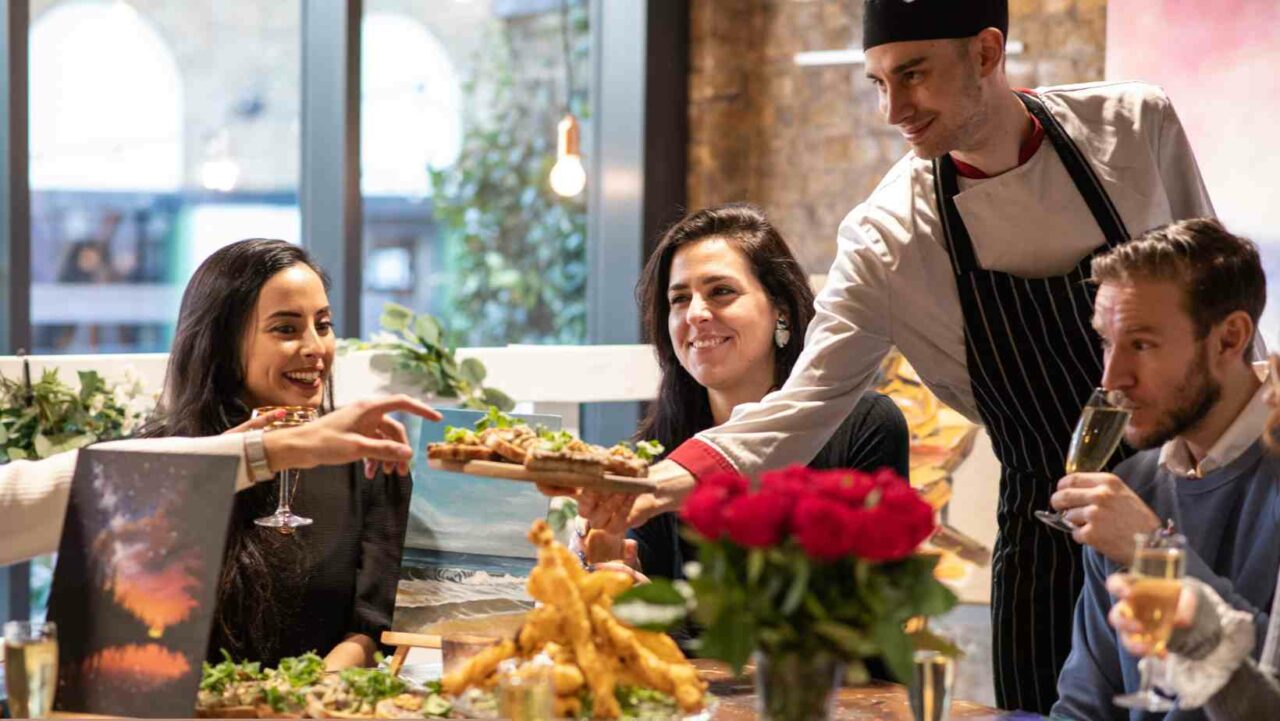
One of the unique aspects of being a private chef is the opportunity to create not just a meal but an experience. Storytelling and showmanship are key skills needed to be a private chef, especially when offering a private chef-tasting menu.
Clients often want more than just great food. They want to know the story behind each dish, from the inspiration for the flavours to the sourcing of the ingredients. Being able to explain the thought process behind each course enhances the client’s appreciation for the meal.
This personal connection makes the dining memorable and brings an extra level of elegance and intimacy to the experience.
8. Problem Solving in Difficult Situations
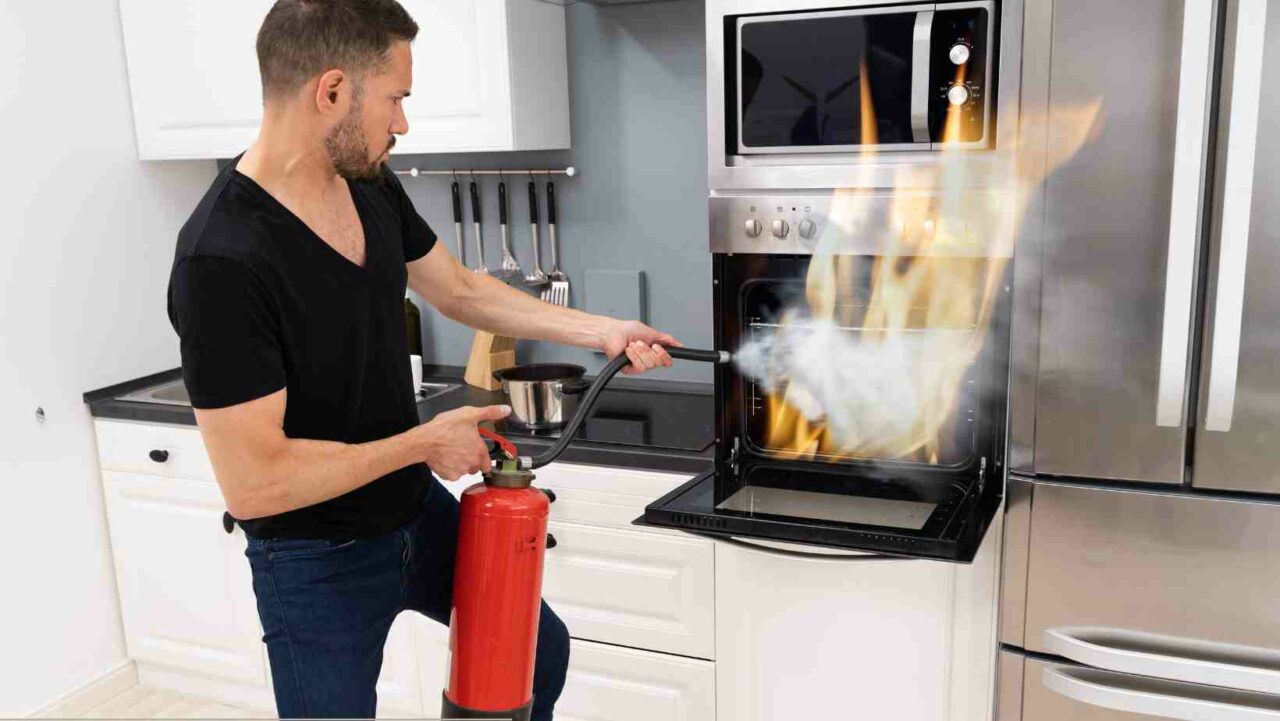
As a private chef, your ability to think on your feet and solve problems quickly is crucial. In a restaurant, there’s a team to rely on, but in a private setting, you’re often the one managing everything from menu changes to unexpected equipment failures.
The most important soft skills on a private chef’s CV include remaining calm under pressure and finding solutions when things don’t go as planned. Whether it’s dealing with last-minute dietary changes or improvising in an unfamiliar kitchen, your problem-solving abilities will set you apart.
Another challenge you may face is handling difficult customers. Clients expect flawless service even when challenges arise, and your ability to handle them without disrupting the dining experience is key.
Combining quick thinking, adaptability, and resourcefulness will allow you to maintain the high standards expected from a private chef, even in less-than-ideal circumstances.
9. Hygiene and Safety

Upholding strict hygiene and food safety practices is crucial for all chefs, but it becomes even more vital in private settings. Clients expect a private chef to exceed the standards of top-tier restaurants.
In the UK, while obtaining a food hygiene certificate isn’t always legally required, it is highly recommended to demonstrate professionalism. Most private chefs obtain a Level 2 or Level 3 Food Safety and Hygiene certification. Additionally, if you regularly prepare food at home, you may need to register with the local authority and be subject to inspections by an Environmental Health Officer (EHO).
Whether you're hosting a special celebration dinner, looking for a chef during your holiday or weekly meal prep, we will match you to the perfect chefs.
Start herePrivate chef hygiene rules should always include proper sanitisation, avoiding cross-contamination, and careful food storage to maintain the expected high standards. Whether working in a client’s kitchen or your own, following strict food safety guidelines ensures that every meal is not only delicious but also safe.
10. Professionalism and Confidentiality
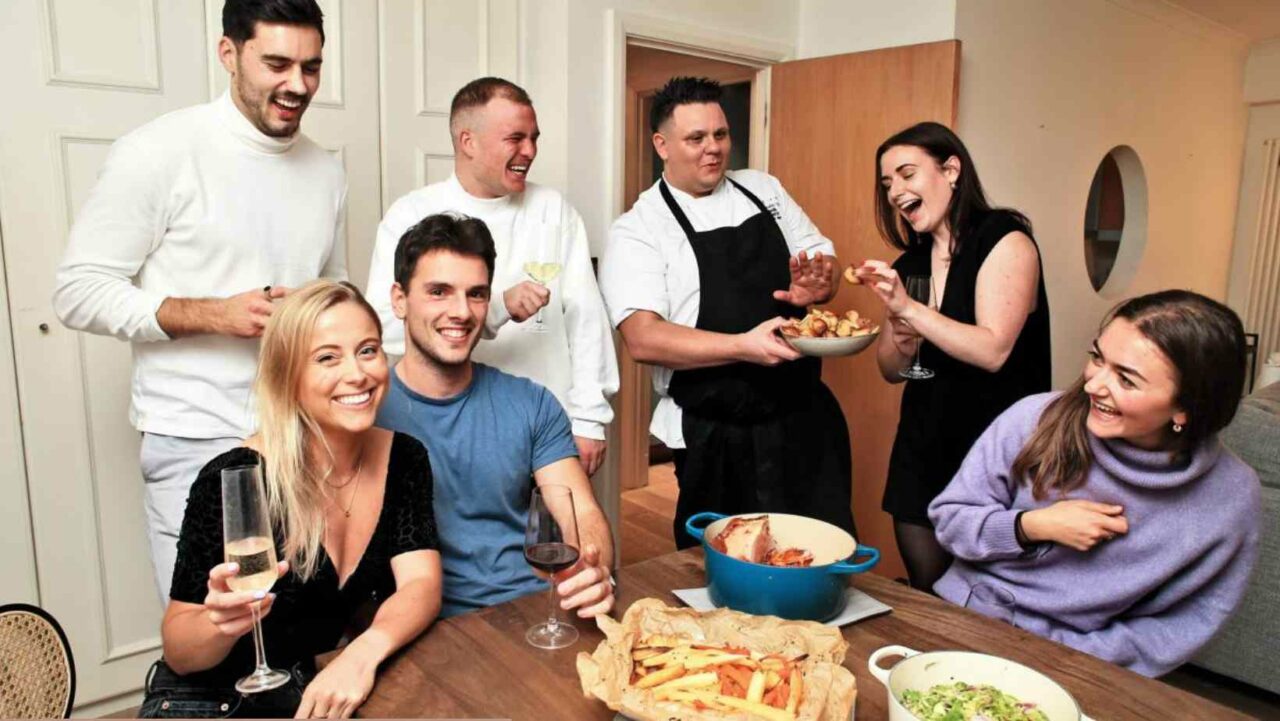
The ability to respect your client’s privacy and maintain discretion at all times are essential qualities for a private chef. Clients rely on you to provide exceptional service without crossing personal boundaries. As a private chef, you will likely encounter private conversations or sensitive discussions during events, and ensuring that everything remains confidential is crucial.
Maintaining a high level of professionalism and confidentiality is critical, particularly when working in the homes of high-profile or private clients. This professionalism extends to all aspects of your work, from punctuality and communication to ensuring that your kitchen space is left spotless after each service.
You must also handle sensitive client information such as dietary preferences, allergies, and personal information with the utmost care. Establishing trust and reliability are key factors in securing long-term client relationships.
Unlocking Effortless Opportunities for Private Chefs
Mastering these skills is essential for any private chef looking to excel in a competitive market. If you’re ready to take your private chef career to the next level, yhangry offers a range of unique benefits.
Signing up is free, and you’ll immediately gain access to thousands of potential clients, allowing you to build a steady stream of work without worrying about marketing or client acquisition. You’ll also benefit from fast, guaranteed payments within 24 hours, taking away the hassle of chasing invoices.
Yhangry gives you the flexibility to choose jobs that fit around your schedule and provides insurance coverage, giving you peace of mind while you work. Plus, you’ll receive a personalised webpage to promote your brand and grow your client base effortlessly.
As Chef Thomas Keller expressed, recipes themselves lack soul—it’s the cook who infuses them with life and personality. With Yhangry, you can focus on adding that personal touch to every dish while they handle the business side, helping you grow your personal brand and increase your earnings with ease.
- What qualifications do you need to be a private chef?
-
To become a private chef, formal qualifications aren’t strictly required, but many chefs complete culinary school to develop their skills. Certifications in food safety and hygiene are recommended. Additionally, gaining experience in professional kitchens can help build expertise.
- How do you start a private chef business in the UK?
-
To start a private chef business in the UK, you’ll need to build experience, obtain food hygiene certifications, and register as a food business with your local council. Once you’re registered, marketing your services and managing clients are key steps to building your business. An easier way to kick-start your private chef business is by joining platforms like yhangry, which streamlines the process by connecting you with clients, managing bookings, and offering insurance coverage.
- Do private chefs clean up after themselves?
-
Yes, private chefs typically clean up after themselves as part of their service. This includes tidying up the kitchen, washing dishes, and ensuring that the workspace is left spotless after meal preparation. It’s part of the professionalism expected from private chefs, as clients often hire them to provide a full service, from cooking to cleanup.
